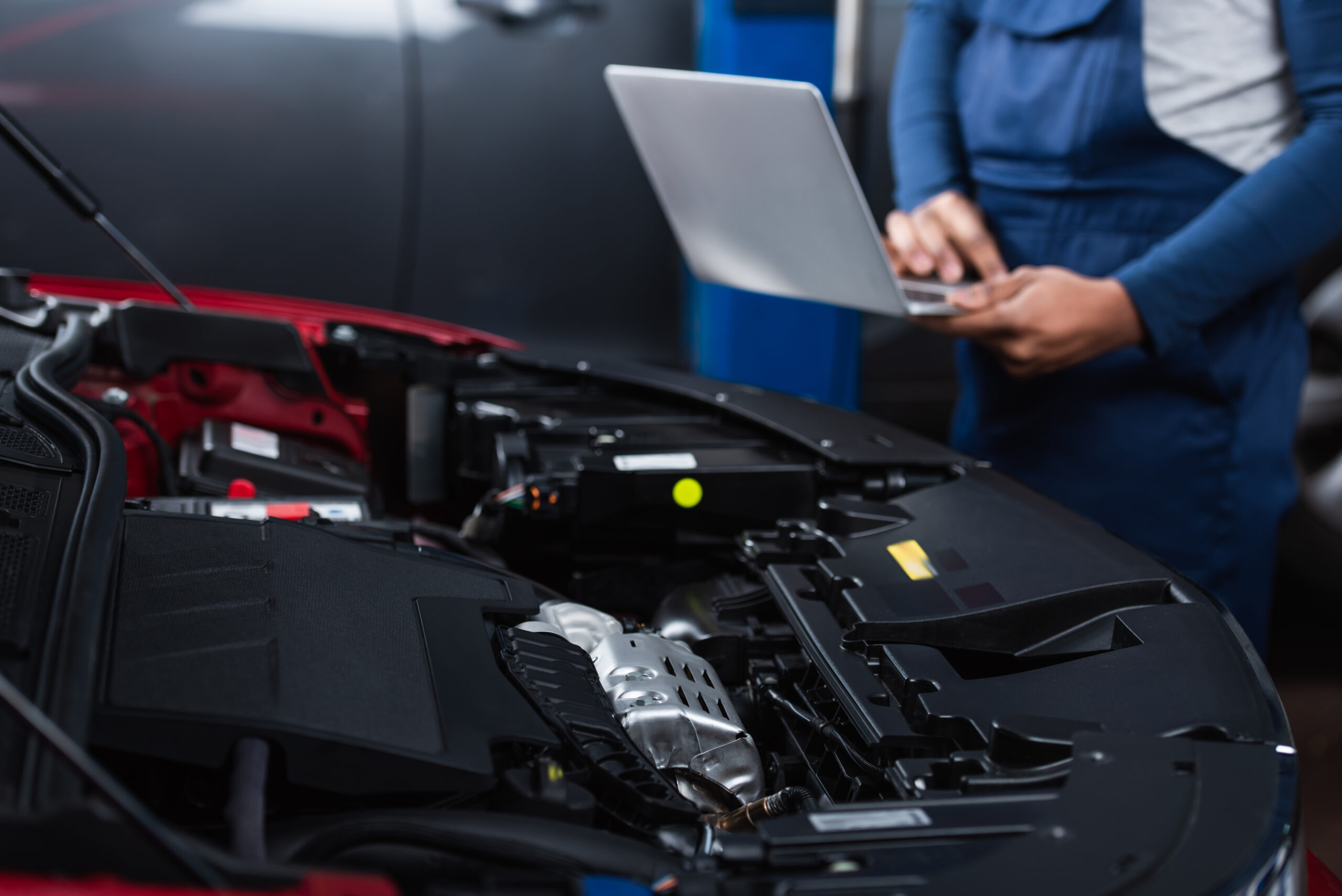Table of Contents
Toyota vehicles are renowned for their reliability and longevity, a testament to the brand’s commitment to quality engineering. However, even the most dependable cars require regular maintenance to achieve peak performance and avoid costly repairs down the road. Continue reading for some essential preventive maintenance tips to keep your Toyota running smoothly for years to come.
Regular Oil Changes
One of the simplest yet most important aspects of vehicle maintenance is regular oil changes. Clean oil lubricates engine components, reducing friction and preventing overheating. Over time, oil breaks down and loses its effectiveness, so sticking to a consistent oil change schedule is important. Checking your owner’s manual for the recommended oil change interval helps you keep your engine in optimal condition.
Tire Care and Rotation
Maintaining your tires involves more than just checking the air pressure. Regular tire rotation promotes even wear, extending the life of your tires and improving your vehicle’s handling. Additionally, creating proper wheel alignment prevents premature tire wear and improves fuel efficiency. A trusted automotive service provider can handle these tasks efficiently, keeping your ride smooth and safe.
Brake System Inspection
Brakes are an important safety component, requiring regular inspection to help them function properly. Listen for unusual sounds like squealing or grinding, which may indicate worn brake pads or other issues. Proactively inspecting your brake system helps maintain stopping power and prevents more serious, costly repairs.
Battery Health Check
The battery is the heart of your car’s electrical system. Regularly checking its condition, especially before long trips or during extreme weather conditions, makes sure you achieve reliable starts and prevents unexpected breakdowns. Look for corrosion on terminals and check that connections are tight. If your battery is over three years old, consider a professional diagnostic test to assess its health.
Fluid Level Monitoring
Your Toyota relies on various fluids to operate efficiently, including coolant, brake fluid, transmission fluid, and power steering fluid. Regularly checking and replenishing these fluids according to your vehicle’s maintenance schedule prevents overheating, poor performance, and potential damage to important systems.
Air Filter Replacement
A clean air filter optimizes engine performance and fuel efficiency by creating an adequate flow of clean air to the engine. Over time, air filters become clogged with dirt and debris, restricting airflow. Replacing your air filter at recommended intervals maintains efficiency and can improve your driving experience.
Diagnostic Services
Utilizing diagnostic services can be a game-changer in vehicle maintenance. These services identify potential issues before they become significant problems, saving time and money. Companies like Kaiju Motorsports offer comprehensive diagnostic services that provide valuable insights into your vehicle’s health, promptly addressing any underlying issues.
Scheduled Maintenance Adherence
Finally, adhering to your Toyota’s scheduled maintenance is paramount. Manufacturers design maintenance schedules tailored to specific models to help with longevity and optimal performance. Sticking to these schedules covers necessary inspections, replacements, and adjustments, keeping your vehicle in top shape.
Conclusion
Incorporating these preventive maintenance tips into your routine will improve your Toyota’s performance while also extending its lifespan. By staying proactive about maintenance, you’re investing in peace of mind and driving satisfaction. For those looking to take their Toyota care to the next level, consult with automotive experts who specialize in providing top-tier service.

